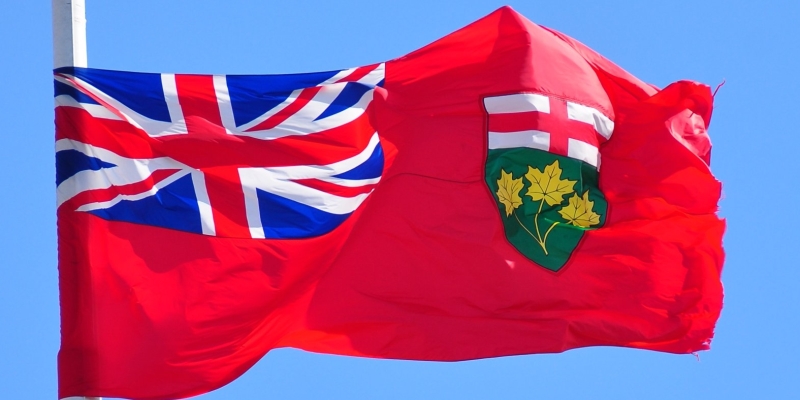How the Ford government can promote economic freedom in Ontario

Recently, the Fraser Institute published its annual Economic Freedom of the World report. The study measures the extent that policies in countries around the world support economic freedom.
Economic freedom is a somewhat complicated concept based on the size of government, the regulatory burden on individuals and businesses, the quality of the legal system, the stability and soundness of currency, and the freedom to trade internationally.
So why does economic freedom matter? Because there’s a strong correlation between being more economically free and having a higher quality of life. What’s more, the evidence suggests that economic freedom generally benefits people throughout the income spectrum including the least well-off members of society.
As in past years, Canada performed well in this year’s report. This should come as no surprise to those who follow global public affairs and know how governments in many parts of the world restrict the freedom of businesses and individuals in frankly shocking ways. In short, Canada is much freer than most other countries.
This, fact, however, should never make us complacent. There is, in Canada as in all countries, always room for improvement and greater economic freedom.
What does this mean for Ontario’s provincial government specifically? As noted, Canada is already a free country and the province of Ontario is a much freer place to live and work than most places around the world. Furthermore, some dimensions of economic freedom—a stable currency, for instance—are outside provincial government control.
But as the latest economic freedom report notes, when “government spending, taxation and the size of government-controlled enterprises increase, government decision-making is substituted for individual choice and economic freedom is reduced.”
As such, if the Ford government wants to better promote economic freedom in Ontario, it could reduce some of the province’s burdensome taxes such as our very high marginal tax rates on personal income—this would help improve economic incentives, bolster growth and make Ontario more free.
Secondly, the Ford government could target regulatory policy. All governments develop rules that limit peoples’ freedom to exchange, gain credit, seek employment or operate businesses. While these rules are sometimes useful and necessary, they are often counterproductive while also limiting economic freedom. Again, too much regulation reduces freedom and hurts Ontarians and our economy.
On the regulatory front, the Ford government did well to repeal the Wynne government’s plan to expand rent control (a particularly harmful form of regulation that ultimately hurts renters) and should continue to look for opportunities to reduce the regulatory burden and thus help make Ontario more free and prosperous.
Economic freedom remains a key ingredient for growth, prosperity and positive social outcomes for people across the income spectrum. As such, the Ford government should work hard to reduce the size of government, shrink the regulatory burden and enhance economic freedom for Ontarians. Thankfully, compared to millions of people around the world, we enjoy relatively high levels of freedom in Ontario, but it would be a mistake to take that freedom for granted and not understand the value of becoming more free.


